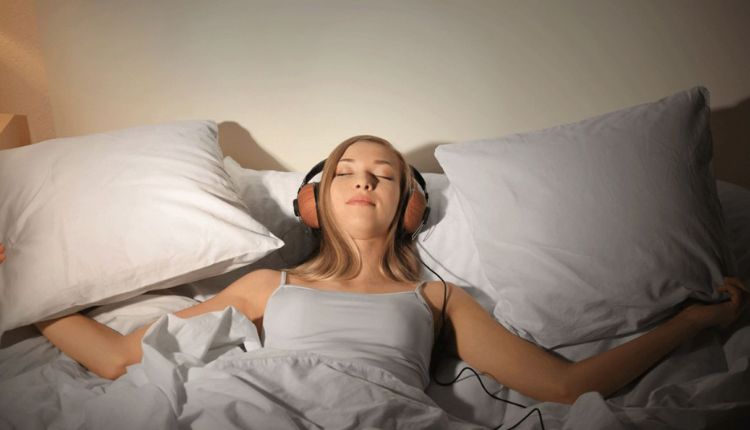
You may be wondering whether binaural beats have any effect on your sleep or cognitive performance. This article explores the effects of this meditation frequency on sleep, anxiety, and cognitive performance. We’ll also discuss the effects of binaural beats on other bodily functions. After all, if they’re helping you relax and fall asleep, why not give it a try? Read on to learn more! Here’s a closer look at how binaural beats meditation frequency can change your life.
Effects of binaural beats on sleep
The study examined the effect of binaural STD Test Bangkok beats on sleep quality and duration over two weeks. Participants completed a sleep diary and profile of mood state before and after the intervention. Results showed significant differences between the groups, including improvements in sleep quality and fewer night awakenings. The study concluded that binaural beats have positive effects on mood and sleep. Although these effects are still preliminary, the study is worth investigating.
Real binaural beats are considered safe, certain people should check with their doctors before using them. They could suffer from heart rhythms or epileptic seizures. In this case, you should avoid using this technique. It is also helpful to listen to sleep music or use a white noise machine to promote a restful atmosphere. However, it is important to note that binaural beats should not replace a traditional bedtime routine.
Beta pattern beats
A recent study suggests that using beta pattern beats to study can enhance your learning and performance. In the study, participants listened to three minutes of alpha and beta binaural beats, then rated their moods the next day. The participants also showed less tension and confusion, as well as reduced fatigue. The researchers also noted that the participants showed improved moods and reduced feelings of depression. However, they cautioned that further research is needed to confirm their findings.
In general, the best binaural frequency for studying is the beta pattern. It increases alertness, concentration, and memory. Beta beats can also reduce anxiety and help you sleep better. They should be played at low levels, and the best time to use them is when you wake up feeling lethargic and lack enthusiasm. While beta pattern beats are the most beneficial, it’s important to listen to these beats at low levels so that you don’t disturb your sleep. You can also use these beats when listening to ambient noise, or during the day.
Effects of binaural beats on cognitive performance
The brain responds to rhythmic stimuli, such as sounds, by altering its electrical activity. Binaural beats, or brainwave entrainment, can synchronize neural activities. It is the process by which the brain matches the frequency of an external stimulus to the frequency of its own neurons. The result is the formation of brain waves, which are important for thinking and feeling. These waves are created as the result of electrical signals between brain cells that sync. Electroencephalography is an effective method to measure brain waves using electrodes attached to the scalp.
The frequency of binaural beats can affect cognition and emotion. In other words, it can enhance creative abilities, improve mood, and reduce stress. However, a regular meditation practice can be difficult to maintain, so people are searching for other ways to improve their attention span. This technology aims to help people achieve this goal. This technology is a popular trend online. It has numerous benefits.
Effects of binaural beats on anxiety
Binaural beats are audio frequencies that affect the brain in the same way as music does. They affect the left and right ears, as well as the third ear. These sound like two different frequencies, which are processed by our brains to create the impression of a third, much higher frequency. These tones are believed to have a range of benefits, including relaxation and attentiveness. The use of binaural beats is a complementary therapy for many conditions, including insomnia, pain, and anxiety.
In addition to improving sleep, binaural beats have been shown to affect memory, creativity, and attention. They may even help people who meditate. Studies have shown that listening to theta and gamma ranges of binaural beats increases the production of brain waves associated with relaxation and increased alertness. Researchers have also noted that the mid-range frequencies have been linked with attention. They are linked to an alpha-like state where the mind turns inward. Those in beta state are tuned to the world, which is a more alert and focused state.
Remarks
There is also evidence that delta binaural beats have a beneficial impact on mood. These studies have found that a higher binaural beat frequency can reduce anxiety. However, other mood parameters were not significantly affected. These findings are limited by the small sample size, and future studies should look at how binaural beats affect a larger population over a longer period of time. The use of binaural beats should be continued and used by many people, and not just a select few.









